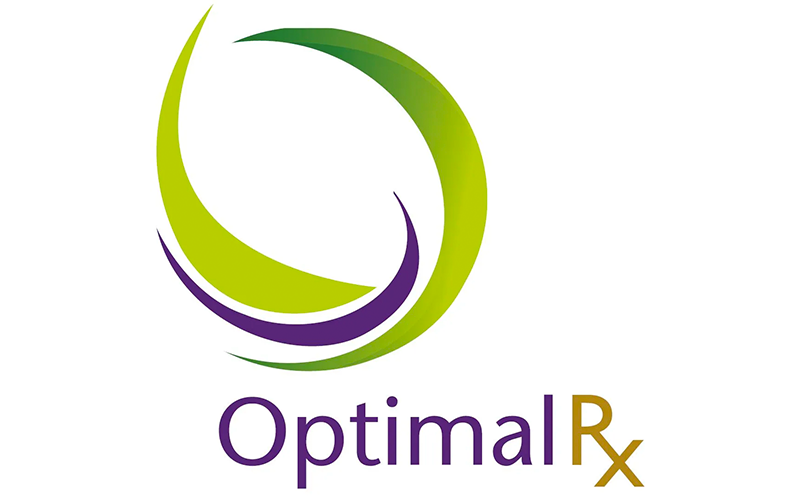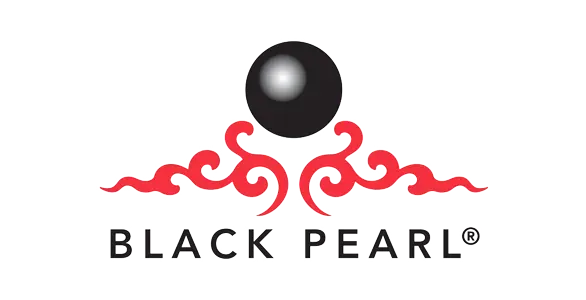Stress – The Electric Light Switch
The Stress Response
Stress – the disease of the modern world. If we give in to it, our bodies feel its full effect. It can cause our blood pressure to rise, our heart to race and feel like it is going to jump out of our chest. It can create anxiety in our life which can then convert to depression.
All of us deal with stress in some form daily. But not everyone reacts to it in the same way.
An interesting example of stress is the so-called “White Coat Syndrome”. Have you ever visited the doctor and felt a bit nervous? You took your blood pressure that morning and it was fine – 130/80 – great!
But when the doctor says “I will take your blood pressure”, you suddenly feel your muscles tense, and you start to fear that your blood pressure may be high. Then the doctor tells you “we may have to put you on medication – this is too high” at 170/90.
So, how did that happen?
This can occur when we have an inbuilt fear of seeing the doctor, or more precisely: the fear and anticipation of receiving bad news. We tense up, expecting something bad to happen, and our bodies respond negatively to the stress pressure put upon it.
This is called the Stress Response. Thankfully, there is also something called the Relaxation Response.
The Relaxation Response
Much research has been done in this field by Harvard cardiologist, Herbert Benson, who studied the effects of meditation on the body.
He found that striking physiologic changes came with meditation: sharp drops in heart rate, respiratory rate and metabolic rate. Herbert Benson named these changes that meditating people experienced as the “Relaxation Response” – the opposite of the “Stress Response”.
When Herbert Benson started writing papers about the connection between stress and high blood pressure, his colleagues at Harvard thought he was crazy for even suggesting it.
However, his continued research found that the majority of medical problems were either caused or exacerbated, by the chronic effects of the Stress Response on the body. And that the opposite – the Relaxation Response – could teach the body to control “involuntary” physiological phenomena, which has been called “Mind-Body Medicine”.
Meditation – Mind-Body Medicine
Herbert Benson found that a comfortable position, a quiet environment and a passive attitude was all that was needed to elicit the Relaxation Response. These are the foundations of meditative practice and also Mind-Body Medicine – a means by which we can control our body’s reaction to stress through a connection of mind and body.
Meditation can be a way to disconnect but also embrace our negative emotions. It can be a few peaceful moments to contemplate, as well as a prayer or mantra for those with religious beliefs.
We can practice Mind-Body Medicine and achieve the Relaxation Response by sitting quietly in a comfortable position. Focus on your breath and slow it down, while relaxing all of your muscles.
Whatever caused your stress, visualise it in your mind’s eye and see the situation resolved as you would want it to be while feeling the peace in your body that this resolution would bring. Likewise, we can also eliminate stress through peaceful acceptance, by embracing the fact that not everything is within our power to control.
A notable result of reduced stress through the Relaxation Response is that the sympathetic nervous system shuts off. Cortisol and adrenaline levels drop. The parasympathetic nervous system takes over. The immune system then kicks in, and the body can go about a complete self-repair process, treating and preventing illness and disease naturally.
This is the wonderful benefit of Mind-Body Medicine.
For more natural medicine solutions and techniques, visit Naturopath Australia.
The post Stress – The Electric Light Switch appeared first on Naturopath Australia.










